Fuel Efficiency Showdown: Hybrid vs. Electric Cars (Toyota Prius vs. Tesla Model 3)
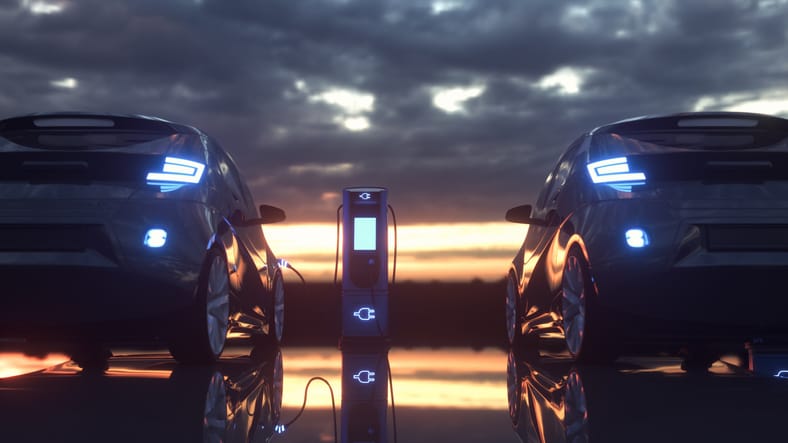
For decades, the quest for fuel efficiency has been a driving force (pun intended) in the automotive industry. Today, two main contenders stand out: hybrids and electric vehicles (EVs). While both offer significant improvements over traditional gasoline-powered cars, they cater to different needs and driving styles. This article will take a deep dive into the fuel efficiency fight, using the Toyota Prius, a long-standing hybrid champion, and the Tesla Model 3, a dominant EV, as our contenders.
Understanding Hybrid vs. Electric Vehicles
Before diving into specifics, let's establish the key differences. Hybrid Electric Vehicles (HEVs) like the Prius combine an electric motor with a gasoline engine. They capture energy during braking and coasting, storing it in a battery pack to assist the gasoline engine, particularly during city driving and acceleration. On longer highway trips, the gasoline engine takes over.
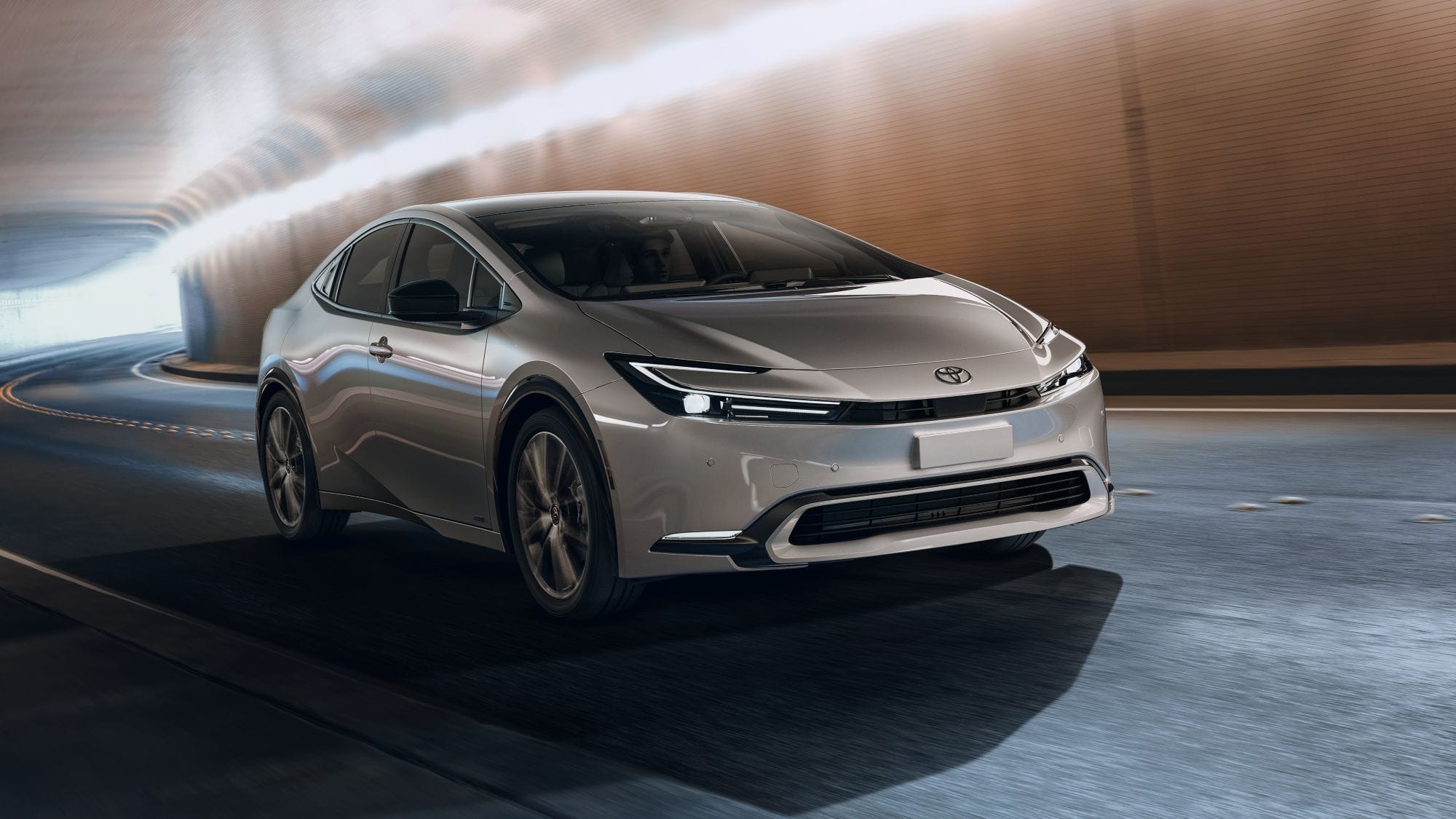
Electric Vehicles (EVs) like the Model 3 rely solely on electricity stored in a battery pack. They offer zero tailpipe emissions and a silent, smooth driving experience. However, they require charging at home or at designated charging stations, impacting range and trip planning.
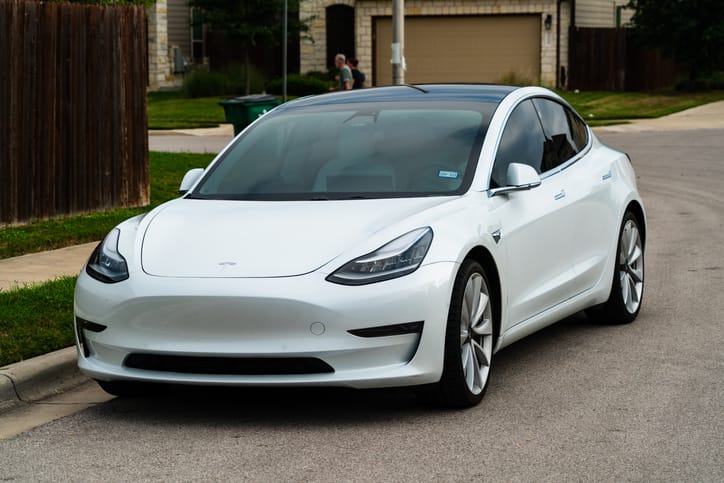
Fuel Efficiency: Round 1 - Miles per Gallon (MPG) Equivalent
While hybrids don't directly translate to MPG, the US Environmental Protection Agency (EPA) assigns them a combined MPG-equivalent rating. This considers both electric and gasoline operation. The 2023 Toyota Prius boasts an impressive 52 mpg-e in combined driving, making it a fuel-sipping champion. However, this number can vary depending on driving habits. City driving allows the electric motor to shine, potentially reaching higher efficiency. Conversely, highway driving leans on the gasoline engine, potentially lowering the overall average.
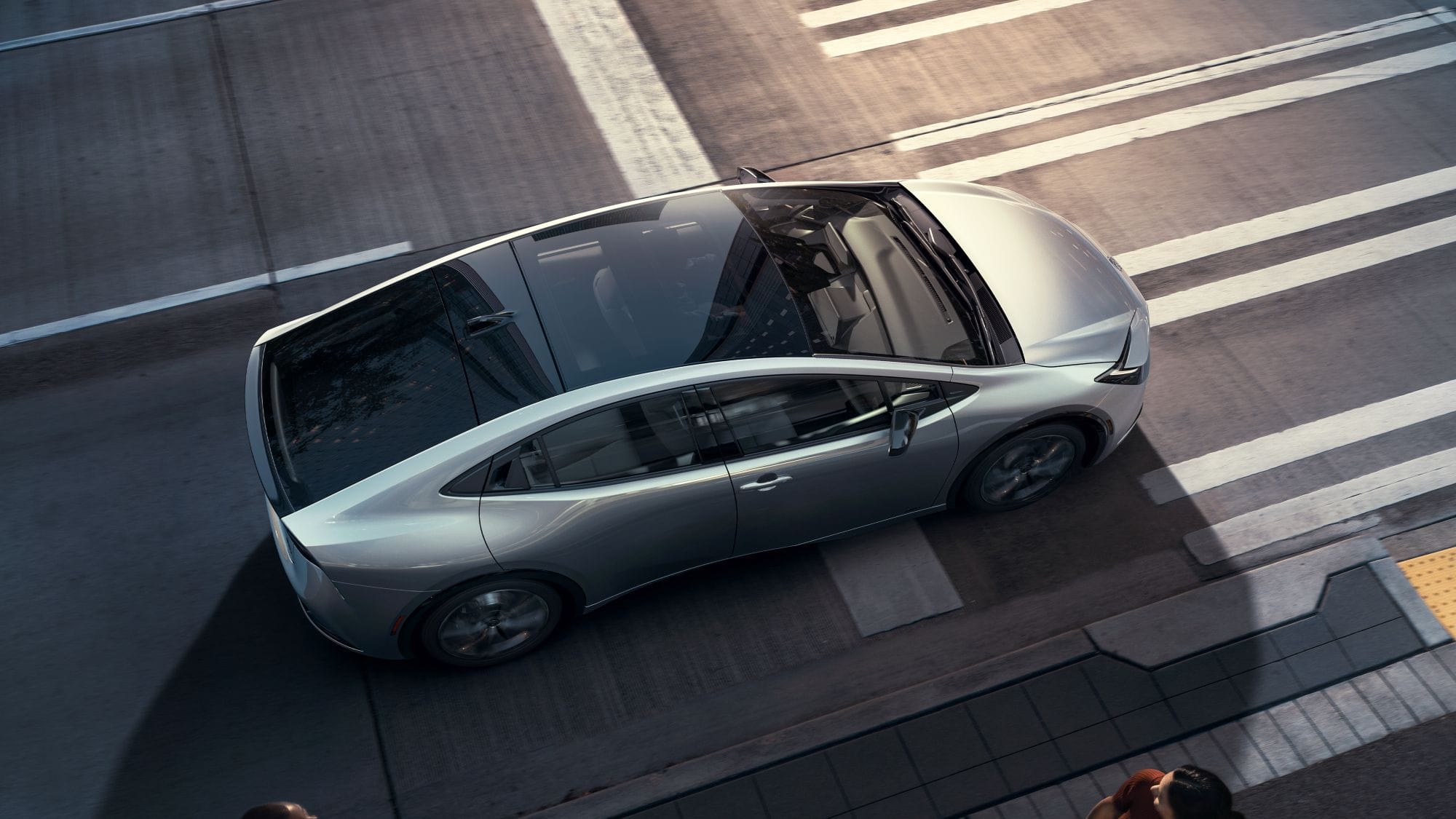
Fuel Efficiency: Round 2 - Electric Range and Charging
The Tesla Model 3 offers a range of 267 to 427 miles depending on the configuration, which trumps the Prius's electric-only range of around 25 miles. This extended range makes the Model 3 ideal for longer trips without needing to refuel (well, recharge). However, charging times can be a factor. Using a Tesla Supercharger, you can add up to 175 miles of range in 15 minutes, which is significantly faster than a gas station visit. However, access to Superchargers may be limited in some areas, and home charging with a standard outlet can take hours.
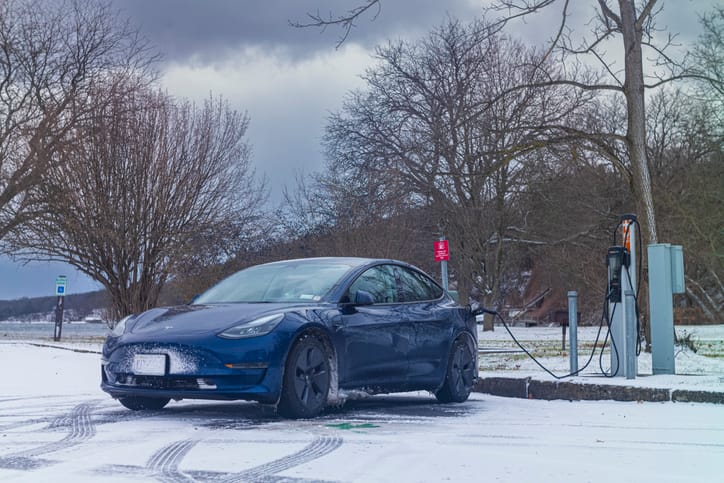
Beyond the Numbers: Considering Other Factors
Fuel efficiency is just one piece of the puzzle. Here are other aspects to consider:
- Cost: The Prius starts at around $30,000, while the Model 3 starts at $42,000. However, government tax credits can significantly reduce the EV's upfront cost. Additionally, lower maintenance needs on EVs can offset some of the initial price difference.
- Performance: The Tesla Model 3 offers exhilarating acceleration and a more engaging driving experience compared to the Prius.
- Environmental Impact: While both are more eco-friendly than traditional gasoline cars, EVs boast zero tailpipe emissions, making them a cleaner choice. However, the environmental impact of battery production and electricity generation needs to be considered.
- Convenience: Refueling a Prius with gasoline is quick and readily available. Finding charging stations, especially fast-charging options, can require more planning with EVs.
Who Wins the Fuel Efficiency Fight?
It depends on your priorities.
- For the budget-conscious driver with shorter commutes, the Prius offers excellent fuel efficiency and a lower initial price tag.
- For those seeking a longer electric range, zero tailpipe emissions, and a thrilling driving experience, the Tesla Model 3 is the clear winner.
The Future of Fuel Efficiency
The future of fuel efficiency lies in continuous innovation. Hybrid technology is constantly evolving, aiming for higher electric-only ranges and improved efficiency. EV battery technology is making strides with faster charging times and longer ranges. Additionally, the expansion of charging infrastructure will make EVs a more viable option for everyone.
Ultimately, the choice between a hybrid and an EV is a personal one. By considering your driving habits, budget, and environmental concerns, you can select the champion that best suits your needs and contributes to a greener future.
